-
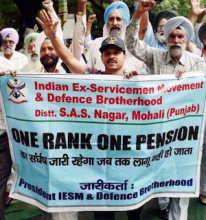
The issue is OROP (One Rank One Pension), and the question is: Has the time come to think differently in regards to the implementation of OROP?
-

Prime Minister Narendra Modi made a successful trip to Central Asia and Russia in the past few weeks. Various new collaborations -- from tourism to terrorism -- got formalized during these visits. One influential agenda of this visit was to acquire the uranium required for nuclear energy production. Mr. Modi successfully worked out various modalities with Uzbekistan, Kazakhstan and Russia in this regard. A few months back, he also collaborated with Canada and Australia regarding uranium trade with India.
-
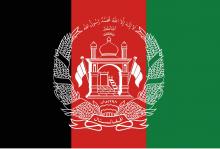
As described by critics all over the world, Afghanistan has become a very messy place to live in today. There are different views regarding the democratization process in this Islamic country. However, we cannot say that democracy is impossible in the Islamic countries of the world. First, it is wrong to pit the fortune of democracy in accordance with Islamism. A professor from Frankfurt Peace Research Institute argues that democracy is a full market with all kinds of products, and everybody can go and buy what they want.
-
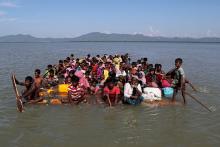
Ahead of the much-anticipated union elections in Myanmar towards October-November 2015, the Rohingya community in the country have been stripped of their franchise early this year in February following large scale protests by nationalist monks and political leaders. A referendum held to amend the Constitution that gave the Rohingyas voting rights, probably an initiative taken after surmounting international pressure, had to be revoked after the widespread protests that brought back horrific memories of the bloody 2012 clashes.
-

During the Asian-African Conference Commemoration Summit in Jakarta, the Indonesian president, in his opening address, put the record straight: "The view that the world economic problems can only be solved by the World Bank, the International Monetary Fund, and the Asian Development Bank is an out-dated view." One can hardly hear such a scathing attack from an incumbent leader against the financial troikas in Asia.
-
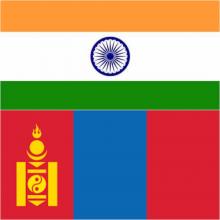
On May 16, Prime Minister Narendra Modi would tweet: ‘First Indian Prime Minister is visiting Mongolia after 60 years of our diplomatic relation’. If China is repositioning itself in the Silk Route (ancient India was a major link too) through larger economic thrust, India has to travel in the same breadth and length with the teachings and philosophy of Buddhism in North and East Asia, as Buddhism flourished prior to the Silk Route era.
-

The decision to buy 36 Rafale fighters exposes the complex institutional mechanisms in defence procurement.
-

Since the Bharatiya Janata Party (BJP) led government came to power in India in 2014, the nomenclature of policies has been either Sanskritised or Indianised. With a tech-savvy Prime Minister on the steering wheel, the government is communicating with the general public through catchy one-liners that are quite apt for character-restricted social media like Twitter. Latest in this catchy pronouncement is the Foreign Secretary’s 'SAARC Yatra', as he rounded up tours of four neighbouring countries in the first week of March.
-
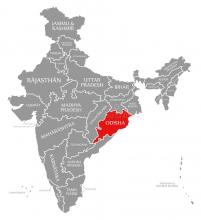
It can be argued that whims rather than institutions govern Odisha's water resources development and management. The party's election manifesto (2014) ruling the state presently promised to add 10.00 lakh hectares (ha.) of land for irrigation coverage in the next five years. This is the only document referred to as a 'perspective plan in the water sector'. But even after a year of being re-elected, a five-year blueprint on water resources has yet to materialize.
-

The so-called Islamic State (IS) has effectively replaced Al Qaeda and its affiliates at the vanguard of the global jihadist movement. Under the leadership of Abu-Bakr al-Baghdadi, the movement remains determined to build upon its powerbase in Iraq and Syria and unite the entire Muslim world under its version of the Islamic Caliphate. In his Ramadan address in October 2014, Baghdadi laid out plans for the expansion of IS networks into what it calls Khorasan – parts of the Indian subcontinent and its near-neighborhood.
Paxton ported to drupal by DropThemes.in